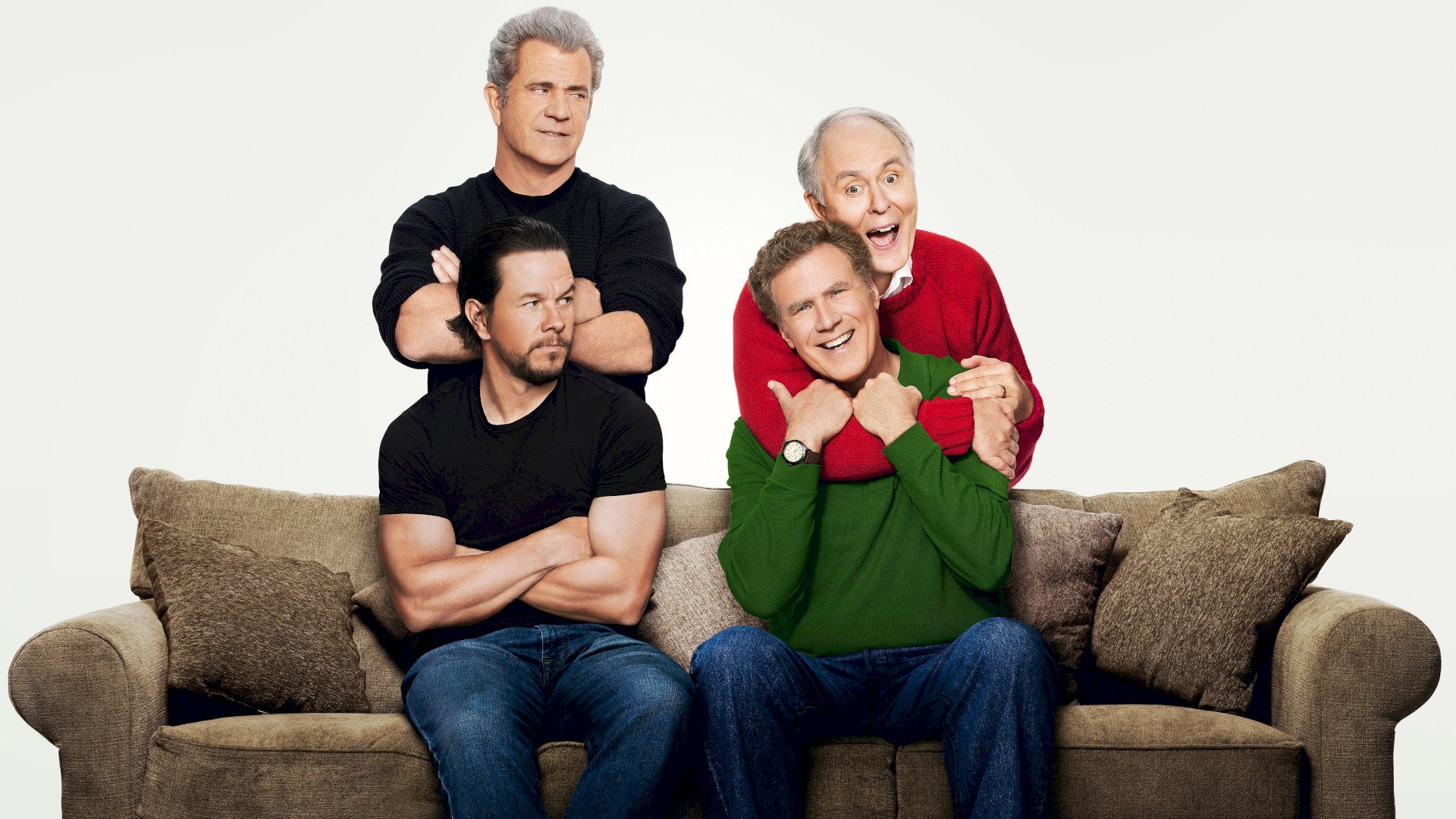
In any other moment in history, hiring Gibson for a wacky PG-rated Christmas comedy would be a horrible idea. And it fails anyone – everyone? – who had hoped to close off this horrible year without having to think about Mel Gibson. It fails John Lithgow, or whoever held a gun to poor John Lithgow's head as he signed the contract to play Ferrell's touchy-feely father. It fails in, once again, giving Linda Cardellini anything to do. It fails as a chemistry experiment between its formerly compatible stars, Wahlberg and Will Ferrell. It fails as an ostensible family comedy, so eager is it to mix gooey life lessons and cute-baby gags with cracks about dead hookers and the advocation of sexual assault.

If Daddy's Home 2 is anything – and it is many things, all of them terrible, including that queasy title that I'm obligated to write over and over – it is a group effort in failure. But, the blame for this utter calamity cannot rest solely on Wahlberg's intimidating shoulders.

Here, the actor is an equally meaningless pawn, helplessly employed in an alleged comedy of warring stepdads that gives a bad name to both prats and falls. In Transformers, he was the blunt human instrument that the filmmakers used to ratchet up one robotic set-piece after another. Huh, wait a moment – only when typing that sentence above does the Mark Wahlberg connection become clear. Its sweet release would surely be preferable to watching what is the most appalling excuse for a motion picture I've encountered all year long – and 2017 also delivered the evil that is Transformers: The Last Knight. Those wise words echoed throughout my head and indeed rattled my own soul the other evening, as I sat through a promotional screening of Daddy's Home 2.ĭuring its 263 minutes (I'm told in reality it is a mere 100, but I cannot believe that figure) – sprinkled with all manner of sexism, homophobia, gun fetishism and comedy so weak it is a surprise a screenwriter could muster the strength to type it out in the first place – I felt prepared for death. If the legendary Soviet filmmaker Andrei Tarkovsky spoke the truth – and looking at TIFF's new retrospective of his work, there is little doubt that he was ever one to tell a lie – then the function of art is not, as most assume, to "put across ideas, to propagate thoughts, to serve as an example." No, according to Tarkovsky, the goal of art – of cinema itself! – "is to prepare a person for death, to plough and harrow his soul."


 0 kommentar(er)
0 kommentar(er)
